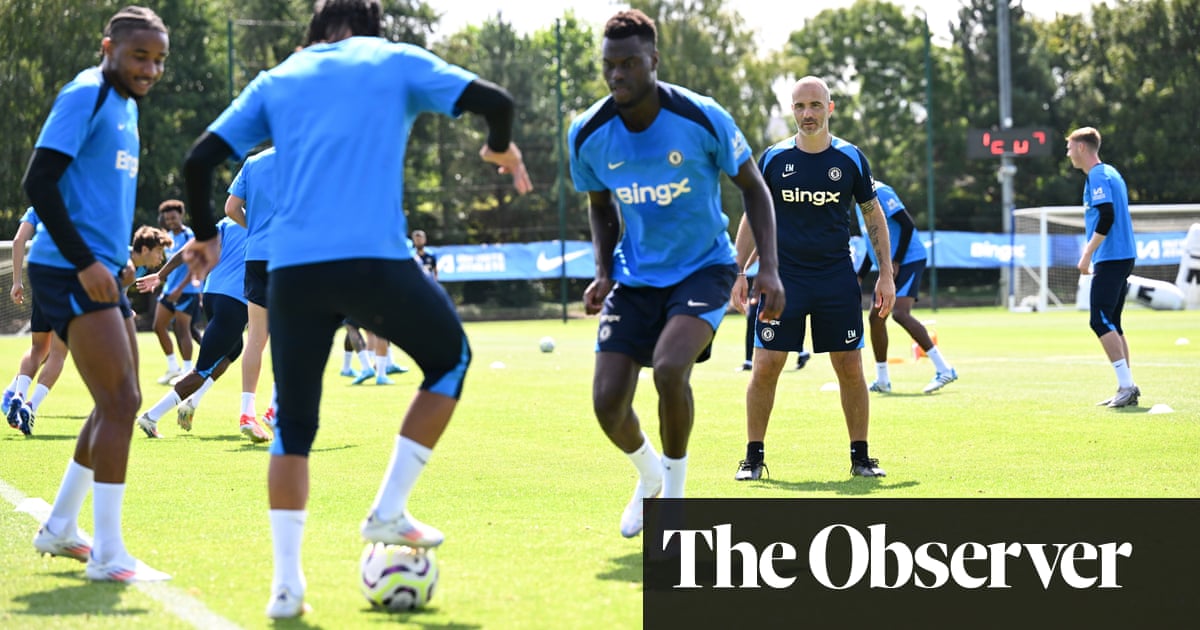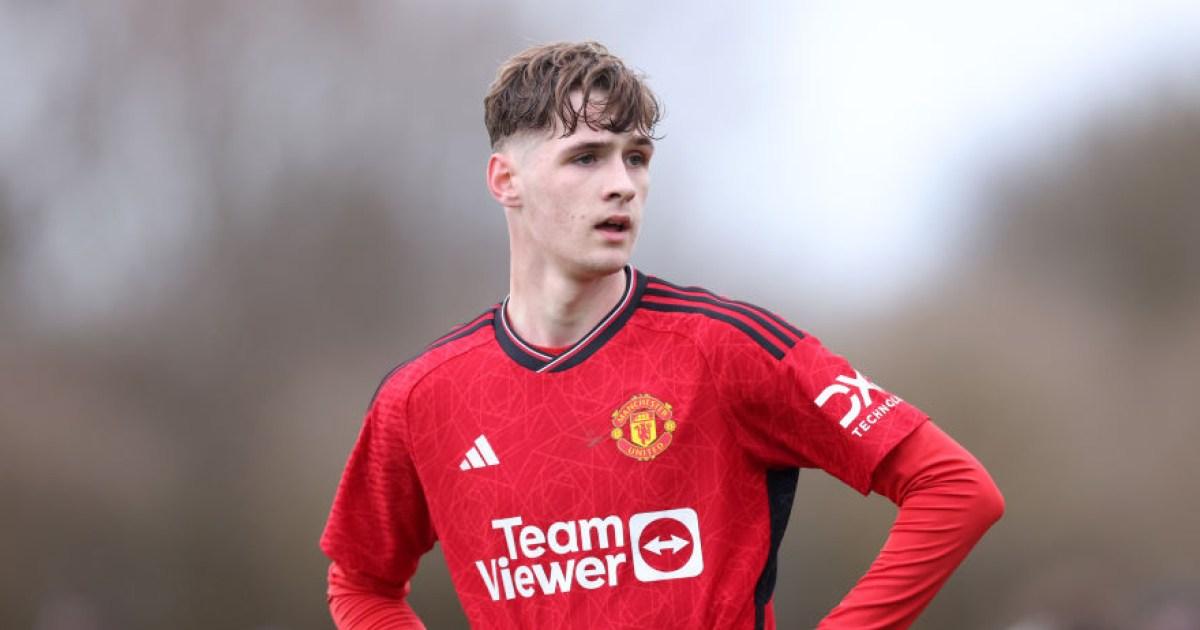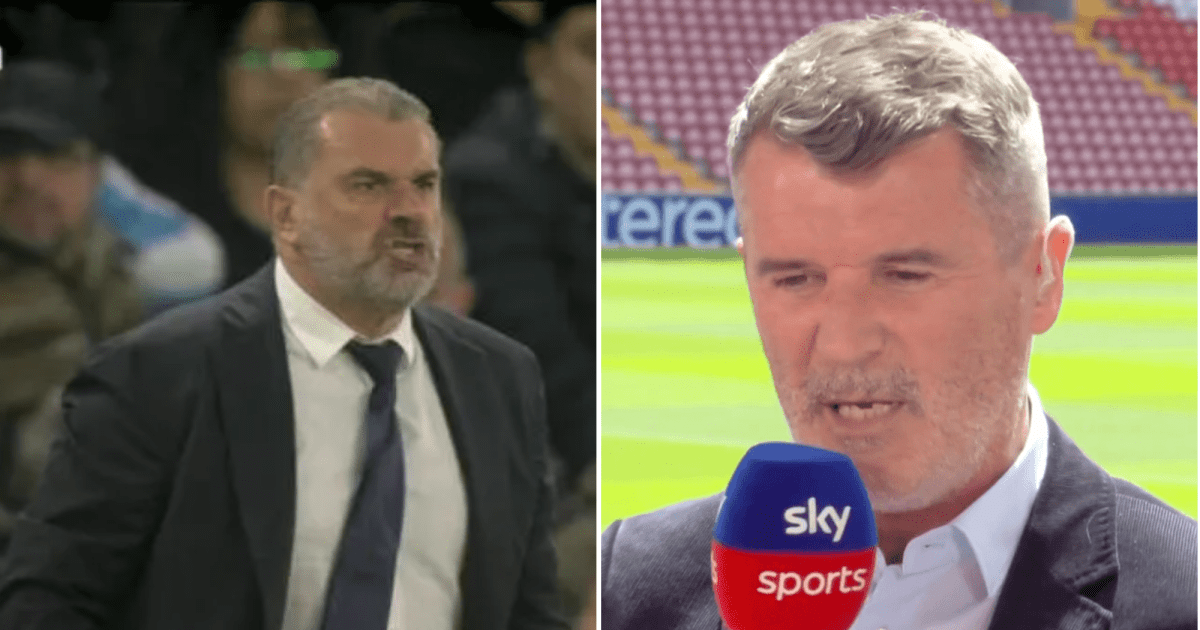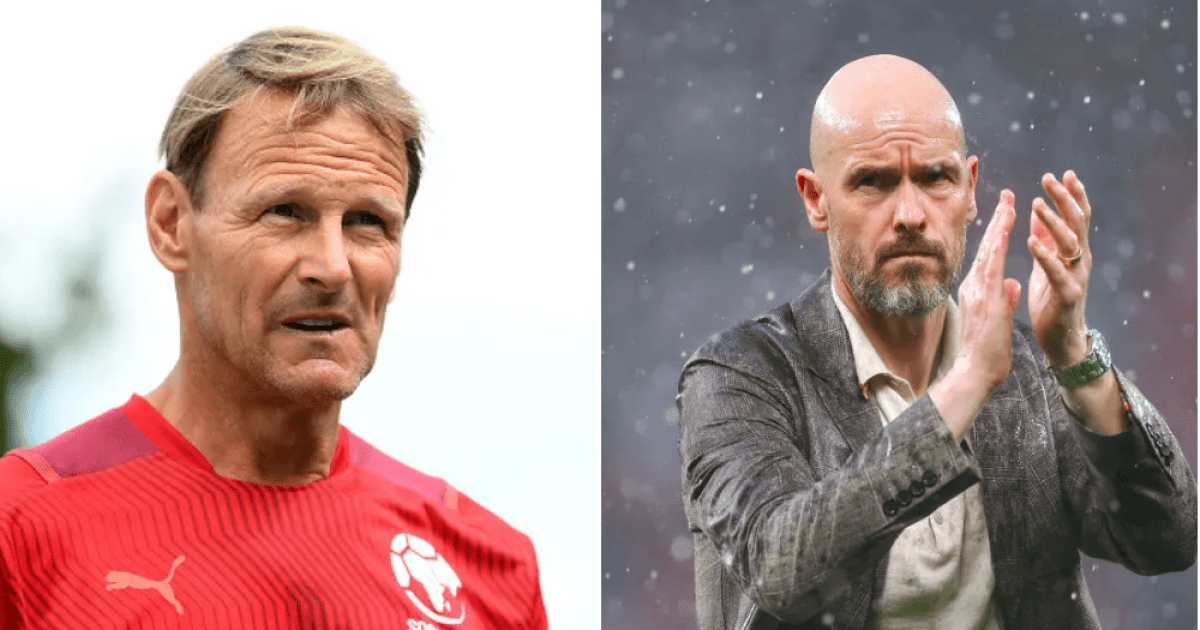Pau Torres gathers possession in front of the Holte End, where in 2016 a banner was unfurled reading: “No fight, no pride, no effort, no hope.” He threads the ball over the halfway line, where Tony Xia once stood as the new Aston Villa chairman and promised to build a theme park. In the dugout Unai Emery leans forward expectantly, just a few yards from where – six years ago to the day – a disgruntled fan threw a cabbage at Steve Bruce.
And so as Jhon Durán’s speculative shot brushes the back of the net and the hairs stand up on the back of the neck and the crowd surges and swells, was it all worth it in the end? Worth the indignities, worth the irrelevance, worth 11,000 against Middlesbrough in the League Cup, worth losing at home to Stevenage, worth Remi Garde and Roberto Di Matteo?
One-nil against Bayern Munich. History doesn’t repeat itself, but sometimes it rhymes. And Gary Shaw isn’t here any more, but Dennis Mortimer and Peter Withe are gripping each other tight, and there are grown men in the crowd with tears in their eyes, and Durán is simply smiling and nodding as if to say “I told you so”.
This is a place that has spent the last few decades trying and largely failing to escape its ghosts. The past is everywhere you look here. It lives in the weathered murals and the grainy photos and the famous Brian Moore commentary plastered on to the Doug Ellis Stand, and even in the red brick structure itself, which basically looks like a Victorian sherbet factory, the kind of building you are almost surprised to find still open.
So perhaps it was only natural that Villa Park’s first taste of the Champions League would be freighted by a certain sense of history. And not just the obvious parallels with 1982, but the more recent past, the long and often ignominious journey Aston Villa have taken to get here. Relegations and promotions, five managers in 20 months, getting turned down by Rickie Lambert. A night to feel a little dazed and concussed at the sheer pace of progress, the decades of despair swept away at a stroke.
But of course there is always a danger here too. The danger is that you play the occasion rather than the opponent, the spectre over the flesh. Is second in last season’s Bundesliga really a marked step up in class from fourth in the Premier League? Is Kim Min-jae really that much better than Pau Torres, is Manuel Neuer really a huge upgrade on Emi Martínez, is Harry Kane really in a different class to Ollie Watkins? Put more simply: do you play like the team fulfilling a long-held dream? Or the team that actually belongs at this level?
Twenty minutes into this game, it felt like we had our answer. Bayern had 73% possession and all the territory. Villa were watchful, disciplined, well-spaced, too respectful by far. But Torres’s early strike – though disallowed for offside – seemed to click something into place.
Shortly afterwards Morgan Rogers broke at pace. Amadou Onana had a shot. Jaden Philogene scythed into Alphonso Davies, having maintained a deferent distance for the first quarter of the game. Youri Tielemans wheeled Joshua Kimmich around as if disappearing through a trick door. Suddenly Villa seemed to remember that this was the team who blew last season’s Bundesliga, managed by the guy who lost here with Burnley last season.
And for the likes of Rogers and Philogene, and Jacob Ramsey too before he went off injured, this is the sort of history that matters. Unlike the thousands in the stands, Villa’s young English guard are not scarred by the past, not naturally wary or fatalistic. Does Philogene even register 1982 as a year that happened? Not on this evidence, a whirlwind Champions League debut belying the 43 minutes of football he has had this season and the fact that he was playing for Hull City a few months ago.
after newsletter promotion
Rogers was pretty well unplayable, a spinning machete of a player, flying into clouds of Bayern shirts and somehow emerging with the ball still at his feet.
In between times there were still long spells of Bayern possession, lots of pressure, a few half-chances but until the last few minutes nothing truly frightening. Kane drifted in and out, ubiquitous and yet somehow entirely ephemeral, like the plot in a Claire Denis movie. Villa were able to break with pace and numbers. Finally the exhausted Watkins made way for Durán, and everyone knows what happens when that happens.
Time for a new page. This is a club with a rich and beautiful history, but right now history is not remotely the most interesting thing about it. Perhaps it was fitting that this was a victory largely crafted by the new generation, the players who can show this club where it is going, the young men who can craft its future. On a night when Villa celebrated its past, they somehow ended up turning the clock forward.







